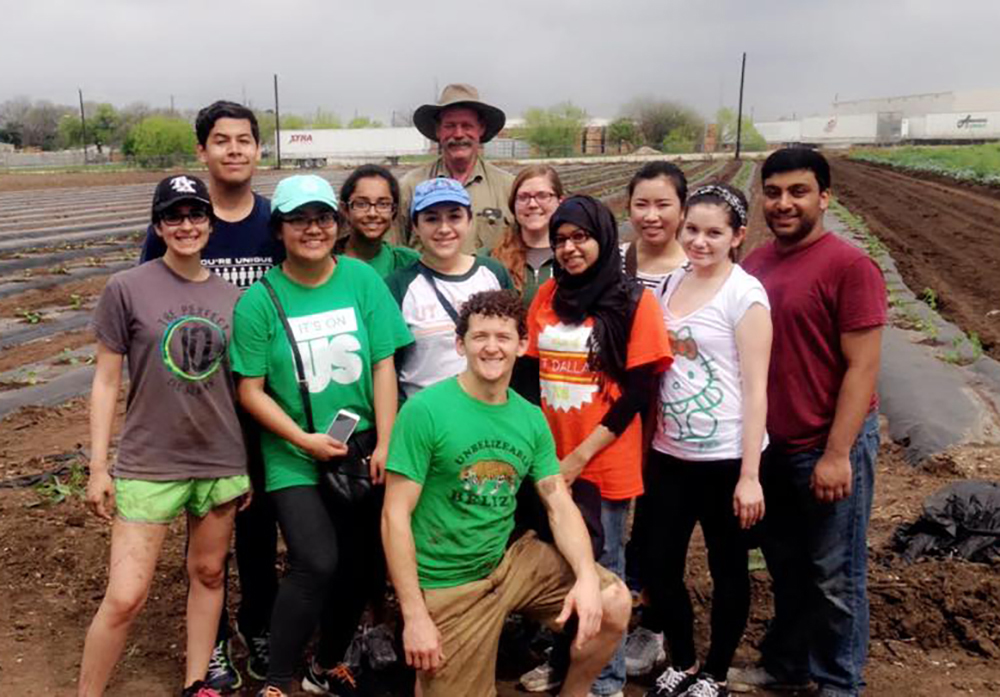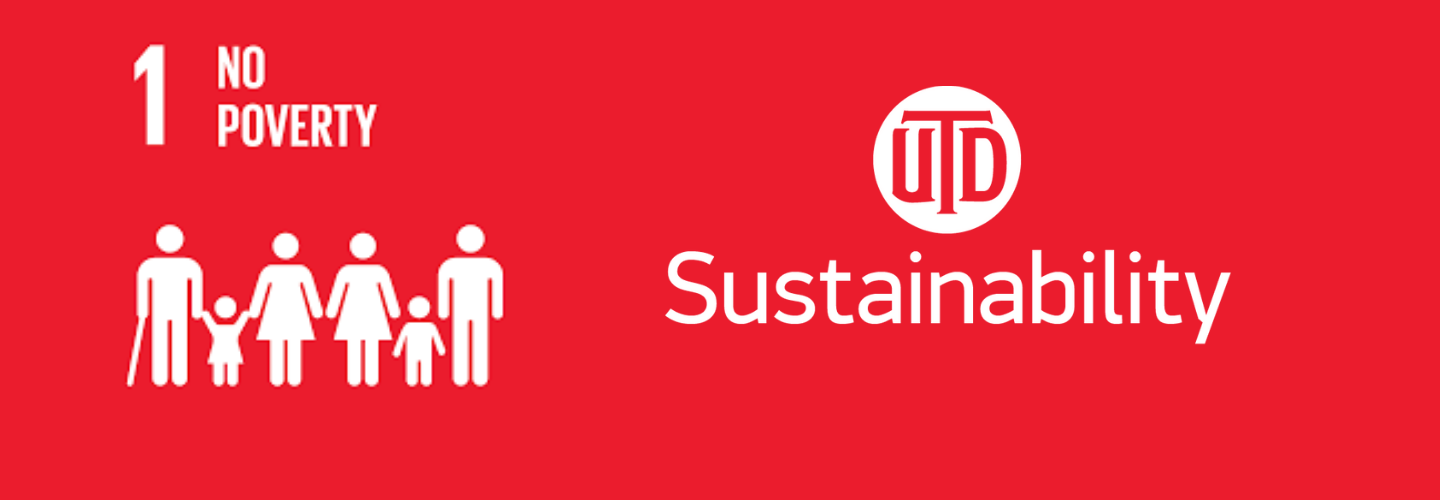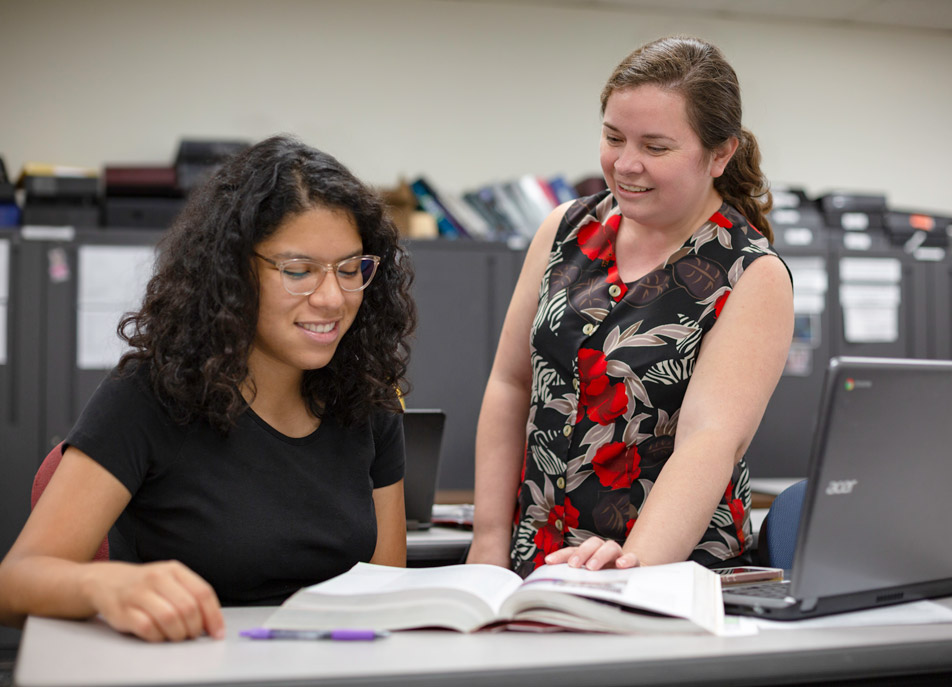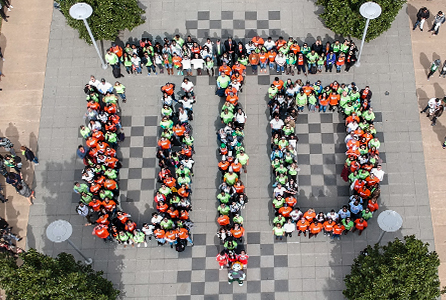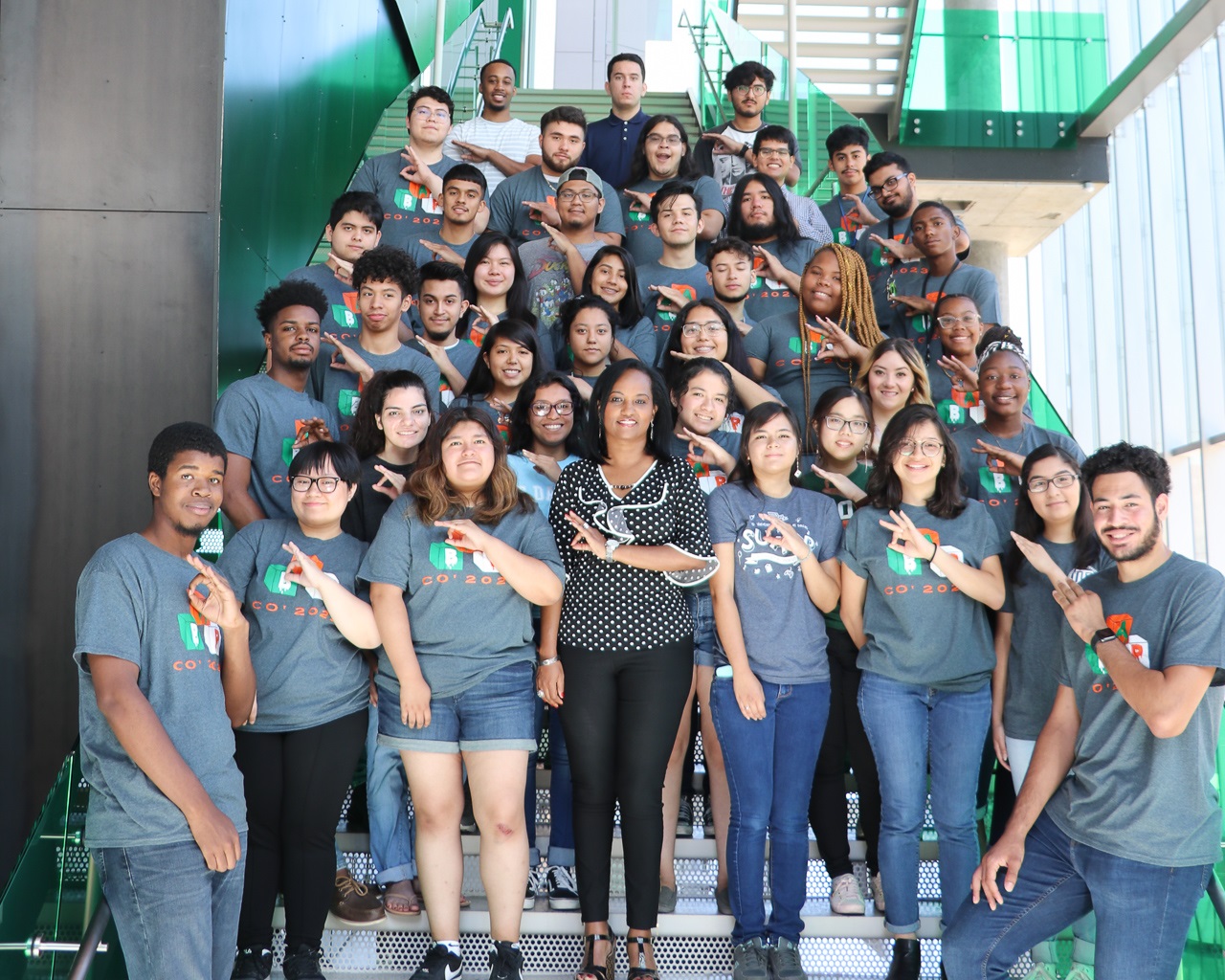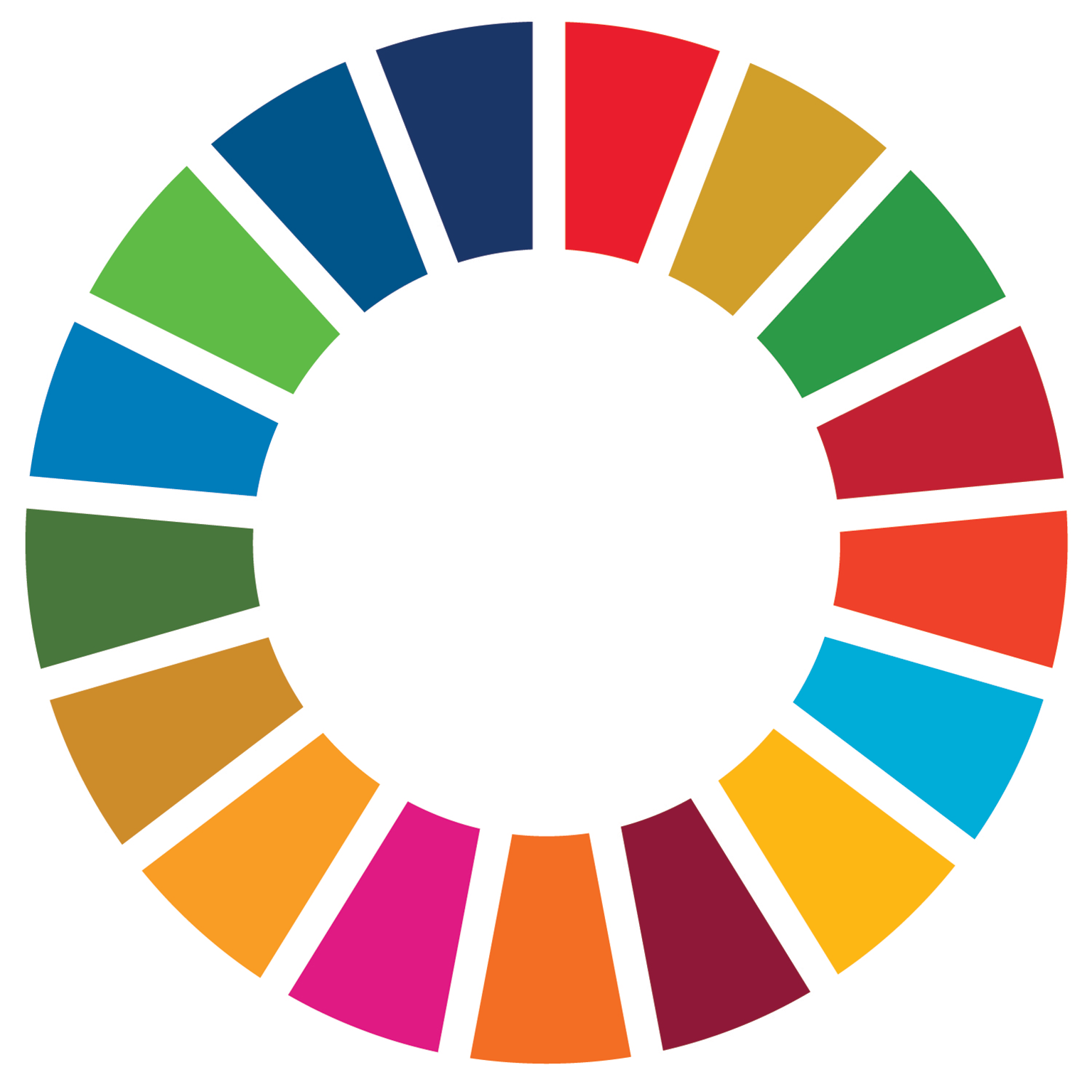End poverty in all its forms everywhere.
No Poverty Globally
The first Sustainable Development Goal addresses a pervasive issue that will require
comprehensive solutions. The goal, to end poverty in all its forms everywhere, recognizes
that poverty looks different in different areas of the world. Currently, an estimated 8% of the world’s population lives in extreme poverty,
without the ability to fulfill basic needs. The international Poverty Line is defined by the UN and World Bank as living on less than $2.15 a day, with 60% of all extreme poverty being found in sub-Saharan Africa.
The COVID-19 pandemic has only exacerbated poverty on the global scale, making millions
of people lose their jobs and pushing an estimated 8% of the population into poverty.
In responding to the pandemic, developing countries are most at risk of struggling from
both a continued health and socioeconomic crisis. In order to achieve No Poverty by 2030,
the targets for
SDG 1 [Sustainable Development Goal 1]
include reducing poverty, implementing social protection systems, and reducing the
vulnerability of poorer groups to economic shocks.
No Poverty Locally
According to a recent report from the Center of Public Policy Priorities, one in three Dallas children lives in poverty. Additionally, 50,000 of those living in Dallas meet the definition of living in
extreme poverty. These numbers affect vulnerable populations disproportionately, with 37% of single parents living below the poverty line and poverty
affecting racial minorities to a higher extent.
Read more about the impact historical redlining has had on Dallas poverty lines.
Highlights
Alternative Spring Break, Texas for Global Poverty
SDG 2: Zero Hunger
SDG 17: Partnerships for the Goals
Alternative Spring Break
(ASB [Alternative Spring Break] )
is an immersive week of hands-on service, leadership-building and relationship-building
that is supplemented with education and reflection. Each
ASB [Alternative Spring Break]
experience specializes on a particular social issue such as environmental conservation,
disaster relief, affordable housing, education, etc. Volunteer teams are matched up with
a non-profit agency that provides housing, orientation, training, and then engages the
participants in around 40 hours of volunteer service over the course of a week.
Prior to departure,
ASB [Alternative Spring Break]
participants take part in team activities and meetings to get to know each other and
learn about the community partners they will be working with. Participation culminates
in a reflection reception in April where teams reunite and share
ASB [Alternative Spring Break]
experiences, as well as share ways for continued civic engagement and community outreach.
The goal of
ASB [Alternative Spring Break]
is to cultivate a sense of social responsibility in student participants, assist them
to develop leadership skills, and inspire them to take action to influence positive
change in their communities and throughout the world. The experiences are designed to
challenge students to think critically about the issues facing the communities they are
serving and learning alongside. Being immersed in diverse environments enables them to
experience, discuss, and understand social issues in a more personal way than simply
hearing about them in the news and discussing them in class. One recent
ASB [Alternative Spring Break]
project addressed Global Poverty. Located in Elm Mott, Texas, students paired with World Hunger Relief, Inc. to alleviate global hunger.
Alternative Spring Break provides students with hands-on experiences finding solutions
to address the Sustainable Development Goals.
Academic Curriculum to Support No Poverty
SDG 4: Quality Education
SDG 8: Decent Work and Economic Growth
Academic Curriculum to Support No Poverty: Undergraduate course Economics
of Poverty and Inequality examines poverty and inequality’s economic causes and
consequences. Topics include U.S. welfare policy and transfer programs.
- Undergraduate students in the Health and Social Policy course examine the
history and complexities of the American healthcare system and social welfare provision.
Additionally, a particular emphasis is placed on the U.S., exploring healthcare and
social welfare in a public policy framework.
- The graduate Domestic Social Policy course introduces governmental and
non-governmental programs, policies, and institutions dealing with those who cannot
function self-sufficiently within the American market economy, including low-income
families, the elderly, the unemployed, and people with disabilities. Here, students
analyze how social policy in the United States reflects the political economy,
culture, and social and demographic trends
Living Wage at UT Dallas
SDG 8: Decent Work and Economic Growth
SDG 10: Reduced Inequalities
Photo Source: UT Dallas Human Resources - Careers
At UT Dallas, our 2023
AASHEAssociation of Advancement in Higher Education
report reflected that 63% of employees receive a living wage. Our University
did not report data regarding a student living wage. These calculations are based on the Employee Compensation guidance from the Association
for Advancement of Sustainability in Higher Education. The University of Texas at Dallas
has also released a Policy Statement regarding Pay Administration to ensure the
longevity of fair working standards and wages. This policy includes hours of work, overtime
compensation, holidays, hazardous duty pay, and Fair Labor Standards.
MITMassachusetts Institute of Technology
has developed a Living Wage Calculator to assist employers in determining
the cost of living and resulting living wage in a certain area.
Academic Bridge Program
SDG 4: Quality Education
One successful way to reduce poverty globally is through education. The Academic Bridge Program
(ABP [Academic Bridge Program] )
at UT Dallas is a highly successful initiative that recruits and graduates primarily
underrepresented minority students from area high schools who do not meet normal
UT Dallas admission standards but who do show a passion for success in college.
The program provides advising, mentoring, and tutoring to students making the transition
from high school to college.
ABP [Academic Bridge Program]
has a history of success at UT Dallas. It is estimated that 90% of students
return as sophomores, 70% graduate with a bachelor’s degree, and 30%
eventually go on to pursue a graduate degree.
Read more about the Academic Bridge Program.
Goals / Future Work
Expand education regarding the connection between poverty and environmental issues
Learn More
- Take free online educational courses about No Poverty from SDG Academy
- Learn more about the targets and indicators at the UN Global Goals website
